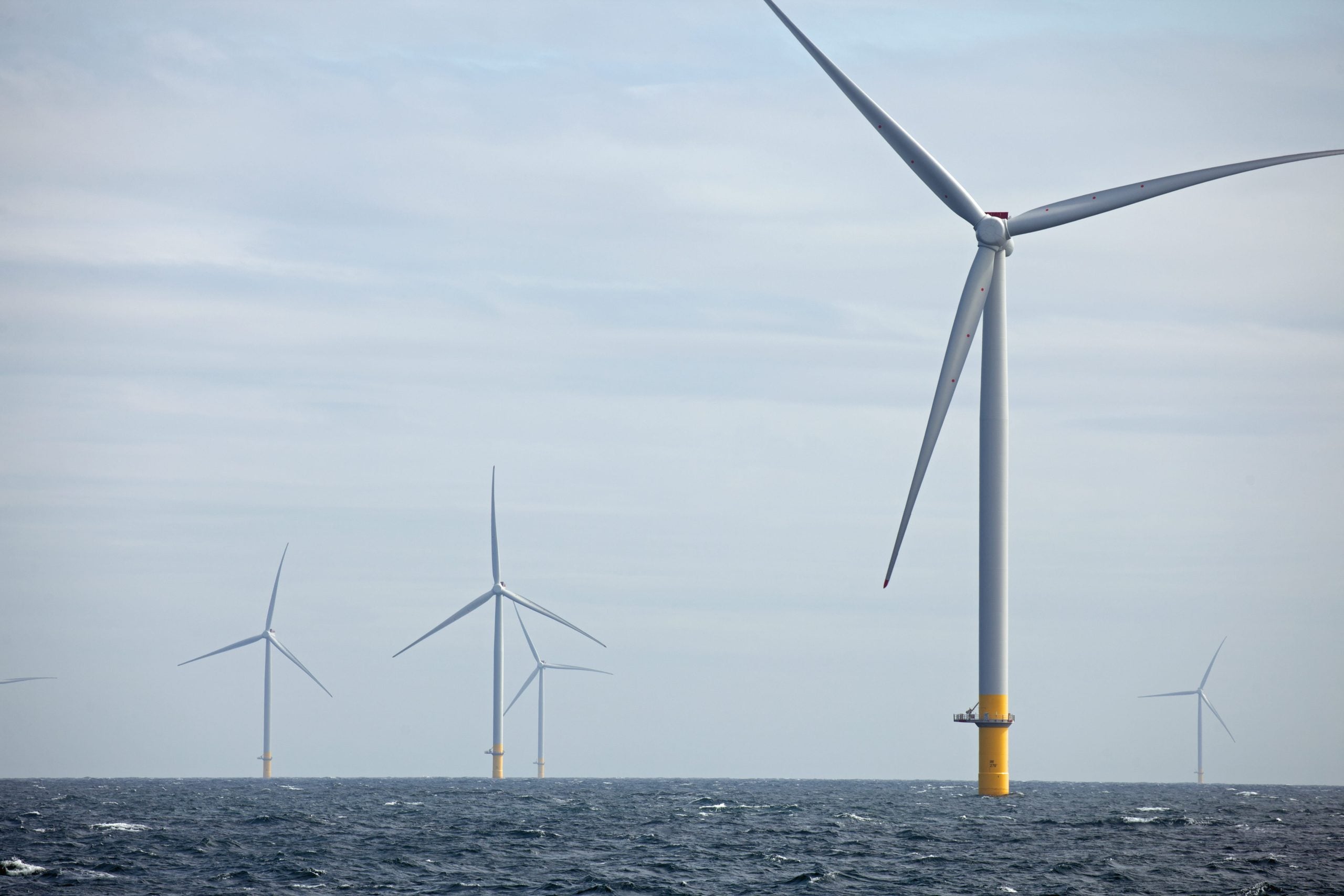
Danish renewables giant Ørsted has said it will continue with its Hornsea 3 offshore wind project off the coast of Yorkshire, UK, but has warned that the government must do more to financially support the sector.
The company said in March that the Hornsea 3 wind farm, the largest offshore wind project in the world, could be derailed by rising costs and lack of additional funding from the UK Government.
Ørsted chief executive Mads Nipper told the Financial Times that the company was working “very hard” to make Hornsea 3 financially viable but said that electricity prices offered by the government to companies are not high enough to compensate for surging wind development costs. He added that the UK might struggle to meet its climate targets if investment in renewables and the energy transition is driven to more affordable countries.
“If a project which is by far the biggest in the world, with all these opportunities, can only become investable after having worked intensively for a year with everything, it’s hopefully also a stark reminder to the British government that something must change,” he said.
Wind developers have been facing challenges as rising interest rates and supply chain costs in the UK continue to impact development. In London this week, energy company RWE’s chief executive Sven Utermöhlen told the Global Offshore Wind 2023 conference that the costs associated with offshore wind development have risen by 20–40% since Russia’s invasion of Ukraine.
Despite this, Ørsted, which is majority state-owned, had its most profitable year to date last financial year. It also said earlier this month that it expects to exceed its profit expectations for this year, pledging $68bn in renewables investments to help meet its previously set 50GW of power capacity by 2030 target.

US Tariffs are shifting - will you react or anticipate?
Don’t let policy changes catch you off guard. Stay proactive with real-time data and expert analysis.
By GlobalDataHowever, rising costs in the UK continue to threaten wind development. Last year, the Hornsea 3 project, which will have a capacity of nearly 3GW, secured a government contract fixing most of its electricity prices at £37.35 ($47.79) per megawatt hour (MWh). This is compared with an average unit price last year in the US of $84/MWh and $65.7/MWh in China, the world’s largest producer of offshore wind.
“Inconceivable” that companies are not struggling
Nipper said that it was now “likely” Hornsea 3 would go ahead following cost cuts within the company and revenue and boosts this year. It is expected to make a final investment decision this year. He also predicted that the UK would not fulfil its capacity on offer for wind power projects for its latest ongoing auction. “It is inconceivable that others are not having a difficult time,” he warned.
Other sectors within the energy transition have also expressed discontent with the lack of tax breaks and subsidies offered by the UK Government compared with other nations. Within electric vehicle (EV) production, battery production companies and carmakers have threatened to move their businesses in the UK elsewhere as the EU and US ramp up funding for clean energy.
In April, Scottish battery producer AMTE Power announced that it might move its proposed battery gigafactory site from Dundee to the US, citing the Biden administration’s Inflation Reduction Act, which offers considerable tax breaks and subsidies for locally produced EV materials. The company’s executive Alan Hollis said at the time: “The answer is perfectly clear [about] where the most economic place for the gigafactory will be. We don’t have a competitive environment in the UK at this moment in time.”
In May, Stellantis, one of the world’s biggest carmakers and owner of Vauxhall, Peugeot, Citroen and Fiat, told the BBC that Brexit trade tariffs could put its operations in the UK under threat. Ashwani Gupta, CEO of carmaker Nissan, similarly said in February that production costs in the UK must fall for the company to keep EV manufacturing in the country.



